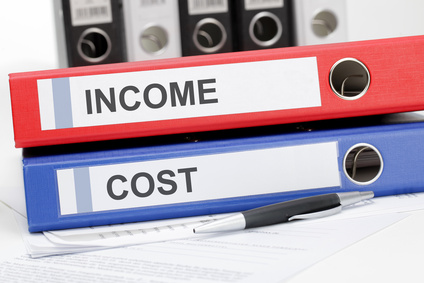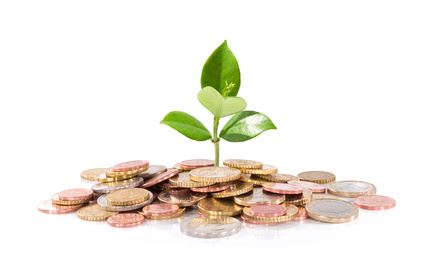The recent demise of Carillion and the possibility of Toys R Us going in to administration because they can’t pay their £15m VAT bill highlights how large as well as small companies struggle with cash flow. All businesses rely on their customers to pay them for the work they have done so that they can pay their suppliers and their taxes. A sale is not a sale until it is paid for but unfortunately businesses are liable for their taxes whether they have been paid by their customer or not.
Corporation tax for limited companies is payable 9 months after year end on the profits you have made. Self-assessment tax is generally paid 10 months after year end for sole traders. A good year for business means a high tax bill but whilst that year might have been good, the current one may not be. So suddenly you find you need to use the cash you have saved to pay your tax just to keep the business going, to pay the staff, to pay the VAT and to take what you need to earn. But perhaps if you planned ahead and reviewed and reduced your costs well before the deadline approached it might not be so difficult to find some, if not all, of the taxes due.
Working with a wide variety of businesses and business owners I frequently see how different attitudes to business finance affects business development and cash flow.
 There are business owners who are careful with every penny, only spending on things they really need in their business. Whilst this is a good thing it may also mean that the business may not grow and develop without a bit of risk taking and investment.
There are business owners who are careful with every penny, only spending on things they really need in their business. Whilst this is a good thing it may also mean that the business may not grow and develop without a bit of risk taking and investment.
There are others who will always spend on the the latest gadgets and the newest equipment. These may not be things they need but make the business owner feel good.
Some business owners meticulously plan ahead for new purchases knowing when they will need to buy new equipment, update their software or invest in a capital purchase and will maintain a regular cash flow forecast. This type of business owner will know exactly what they need to get their business to the next level.
Others will have no plan at all and will wonder how they can find the funds to get their most vital piece of equipment fixed or replaced. They will always wonder why they never have any money in their business but don’t equate that to spending more than they have coming in.
What is surprising is that when some people become a business owner they believe that they can use the money in their business however they wish. They pay for lunch, they pay for dinner, they pay for a hotel on the pretext of needing to be away on business, they pay their speeding and parking fines, they sign up to regular monthly subscriptions which they forget they have. Many of these expenses are not tax deductible expenses and are just increasing the personal drawings or dividends of the owner. Using the business bank account to pay for non business expenses means that the business owner has no understanding of how much money he or she is taking out of the business – until the accountant calculates their personal tax bill.
Spending from the business account should be limited to business costs and wages with the business owner taking an amount from their business account to their personal bank account for personal spending. Not only will it reduce the time the person keeping the accounts has to spend allocating personal transactions before reconciling the bank account (less time = smaller bill = more cash in the business), but it will give the business owner a much better idea of how much money they really need for personal spending.
Leaving cash in the business to pay business expenses means you can pay your suppliers on time, you can pay your taxes on time, you can buy new equipment when you need it, you can get the boiler fixed when it breaks down and you could even invest in a new member of staff to help grow your business.
 Keeping control of your spending is the first step to helping your business flourish.
Keeping control of your spending is the first step to helping your business flourish.
The second is to keep your accounts up to date.
And the third is to plan for future growth by forecasting your needs using a cash flow projection.
We can’t control your spending for you but we can get your accounts organised and help you to see where you can make savings. We can even help you with cash flow forecasting.
Leave a Reply